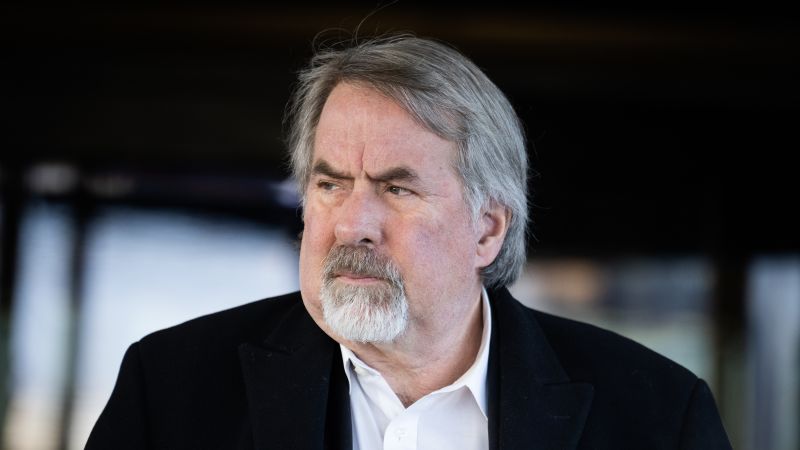The political landscape in the United States has been increasingly contentious, characterized by impassioned public discourse surrounding policies instigated by the current administration. GOP Representative Doug LaMalfa recently encountered a challenging reception at two town hall meetings held in Northern California. These meetings were infused with a palpable level of enthusiasm and discontent, illustrating broader national discord regarding President Donald Trump’s legislative agenda, notably his “big, beautiful bill.” As LaMalfa engaged with his constituents, he found himself subjected to jeers and heated accusations concerning his unwavering support for the president’s policies.
The congressman, who represents a considerable portion of the state’s northern interior, has become emblematic of the struggles that many Republican lawmakers are facing as they return to their districts during Congress’ August recess. This period, often seen as an opportunity for representatives to reconnect with constituents, has evolved into a battleground for policy scrutiny. LaMalfa’s experience in the town halls was distinctive, underscored by the starkly antagonistic responses from the public, reminiscent of other representatives like Nebraska Rep. Mike Flood, who encountered similar hostility when discussing the president’s hefty domestic policy initiatives.
In the face of adversity, LaMalfa maintained a calm demeanor, addressing the audience’s concerns. As participants vocally expressed their dissatisfaction—including chants of “Liar!”—the representative engaged with their inquiries and grievances. The disparity in audience response was notable, especially between the morning session in Chico, which was particularly vociferous, and the evening event in Red Bluff, where questions mainly revolved around critical issues like climate change and the impact of Trump’s policies on rural healthcare facilities.
Throughout the town halls, attendees expressed their apprehensions about Trump’s agenda, specifically regarding substantial cuts to federal support for rural hospitals, which have a large bearing on the wellbeing of communities in LaMalfa’s district. Moreover, questions regarding the lack of transparency around the controversial Jeffrey Epstein case—widely engaging the public’s concern—added another layer of complexity to the discussions. LaMalfa claimed that the ongoing suppression of Epstein-related information represented a “bad look,” an acknowledgment that resonated with some audience members.
The congressman also faced pointed inquiries about the potential repercussions of tariffs imposed by the Trump administration. Specifically, fears regarding the detrimental impact these tariffs might have on California farmers were echoed amongst attendees. A particularly incensed audience member at the Chico event demanded accountability, pressuring LaMalfa to apologize for his endorsements of the tariffs, which his constituents believed were harmful. Unfazed, LaMalfa’s response was one of defiance, highlighting his belief in the necessity of the tariffs to rectify imbalances in international trade negotiations.
In his discourse, LaMalfa articulated a vision wherein he hoped tariffs would eventually diminish and lead to more favorable terms for U.S. agriculture. His optimism regarding negotiations contradicts the immediate apprehension expressed by farmers who depend on stable trade relationships. LaMalfa’s reassurance that the tariffs serve a larger purpose in negotiating better deals was met with skepticism, a reflection of the complex interplay between local concerns and national policy.
The meetings also traversed into the topic of redistricting, a highly charged subject in California’s political climate. With California Governor Gavin Newsom advocating for new electoral maps that could reshape the political landscape, LaMalfa expressed his disapproval of both Democratic and Republican-driven redistricting efforts, characterizing them as attempts to undermine public confidence in the legislative process. His remarks encapsulate the larger trend of political maneuvering in the wake of evolving demographics and competitive electoral districts.
In summation, Rep. Doug LaMalfa’s recent town halls illustrated the fragmented nature of contemporary American politics. His experiences reflect a tension between party loyalty and constituent accountability, with the ramifications of federal policies like tariffs and health care reform coming to the forefront. As representatives like LaMalfa navigate public dissent, the stakes remain high amidst shifting electoral dynamics and a polarized political environment.











